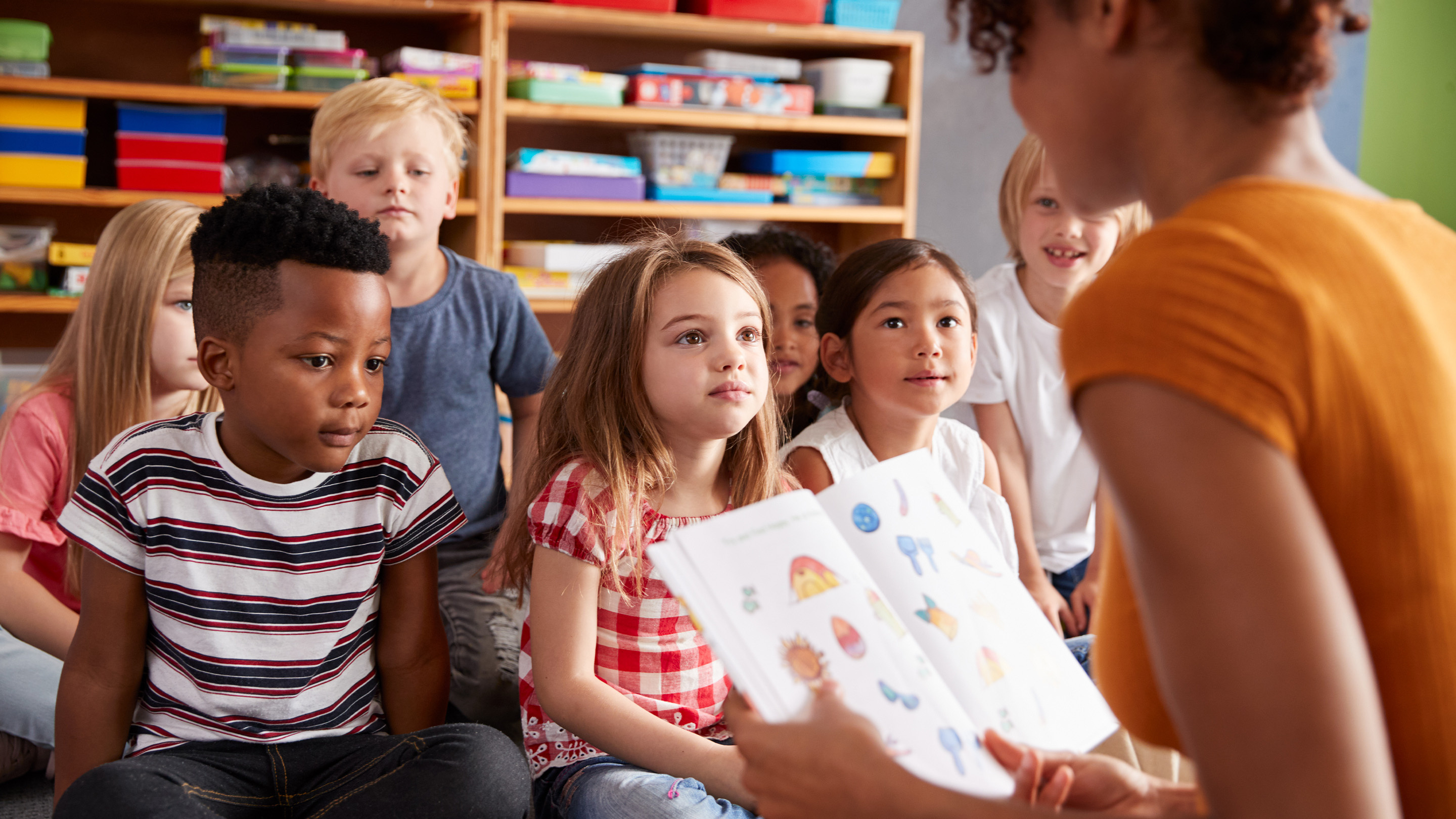Using Stories to Support Mathematical Thinking in Young Students — from edutopia.org by Kathleen Crawford-McKinney and Asli Özgün-Koca
Children’s books often contain valuable lessons that can help young students begin to think like mathematicians.
Excerpt:
Many students and teachers view math as a subject for numbers and computation, instead of one that benefits from discussion and interpretation. Based on our experience as children’s literature and mathematics teacher-educators, we’ve found that providing the context to mathematical problems through literature supports students’ learning—children’s books can be used to integrate math and literacy and to provide context for math.
Also from edutopia.org, see:
Things Professional Writers Do That Students Should Too — by Andrew Boryga
Everyone gets stumped when they begin a new writing project—even the professionals. Here are some strategies the world’s best writers use to push past the doldrums and generate higher-quality writing.
Excerpt:
Asking students to read aloud, while focusing on things like tone, sentence structure, and cadence, is a simple, effective, and researched-backed way to improve their writing—particularly during the revision stage.
That insight got us thinking about other easy strategies—used by real pros—that students can also employ to improve their writing.
The Power of a Compliment — by Scott Wisniewski
A project that invites students to anonymously compliment their classmates and teachers has improved the culture at one high school.
Excerpt:
A small act of kindness can change the complexion of someone’s day. Giving someone a compliment, telling them how much they mean to you, or just sharing words of encouragement can change a person’s overall outlook.










[…] Read the full story by Learning Ecosystems […]